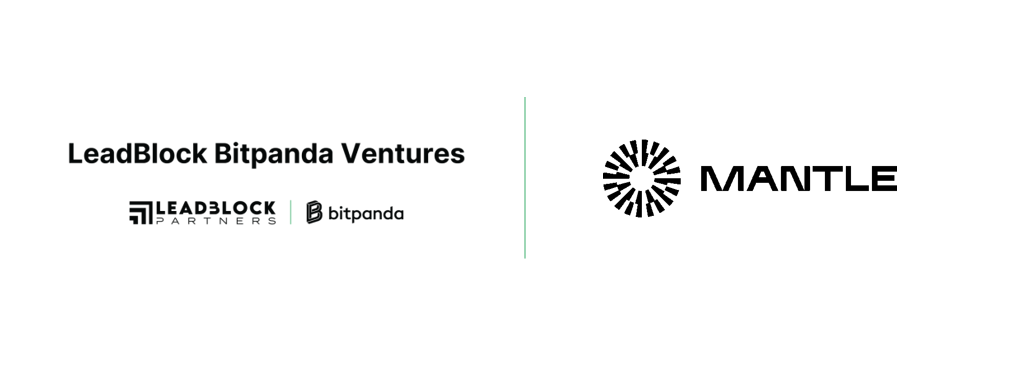Interview with Josh Barraclough, CEO of Bitpanda Pro for Enterprise Blockchain 2021 Report by LeadBlock Partners
-
As CEO of Bitpanda Pro, you will focus on the offerings for experienced and institutional investors. Are we at a tipping point from an institutional adoption standpoint?
“Yes – we are at a tipping point. Over the last year in particular, we’ve seen a surge of investor interest as crypto currencies have become a primary investment for many digital natives. Adoption has skyrocketed over the past nine months and institutional money has poured into the sector, with strong signals from major asset managers researching and allocating to crypto. Speaking to my institutional network we are seeing that the majority of traditional players currently holding crypto assets or at the very least looking to invest in the next 1-2 years. This wave of institutional investment, unaffected by many of the regulatory worries of the last bull run, has proven the viability of Bitcoin as a secure store of value and inflation hedge. We are now seeing increasing interest in other Layer 1 protocols and innovative DeFi applications which are steadily gaining adoption. So, far from being the meme fuelled gamble that many still view it as, cryptocurrencies are being treated by investors in the same way as stocks and ETFs. Then you have the likes of Visa and MasterCard are working on implementing stablecoin payments and PayPal has announced that it will allow customers to pay all of its 29 million merchants with digital assets by the end of this year. It’s the same story for institutional investors. Bitcoin is a $1tr asset, and has seen the world’s biggest investors allocate significant portions of their portfolios to the currency. When the likes of JPMorgan and Blackrock are taking an investment seriously, it’s a sure sign that it’s here to stay. With new products, such as ETFs creating new ways for customers to engage and with greater harmonisation of regulatory approaches across the EU I think it will become easier for institutions to invest and with greater clarity on the risks and comfort on what they can do. Investing in crypto will quickly move to an expectation versus a novel mandate.”
-
Coming from the traditional banking world, in your view, what is still needed for institutional crypto adoption to accelerate?
“Greater regulatory clarity and harmonisation is a must. BaFin have taken a pro crypto approach in how they have explicitly dealt with digital assets. Similarly with MICA coming into effect we look forward to a standardised approach across Europe, which is good. Localised interpretations have been frankly confusing and make it difficult to scale. I think we will see gradual consolidation around a few key players over time, with Bitpanda being one of them. I think this will make it easier for companies who are facing a lot of choice on deciding where to start.”
-
In this new leading role, what excites you the most for the next 2-3 years?
“Product innovation excites me the most. Right now we have grace period before traditional finance is able to operate at scale. I see this as a great opportunity to really differentiate ourselves from the rest of the pack in terms of the products and services we can bring to market and offer to our clients. I think we will see the digitisation and introduction of more traditional assets along with simplification. One example is that some private companies are looking at digitising their cap table (shareholding), which has the potential to create a liquid market for secondary trading of private shares with much easier transfer rights. That sounds small, but it’s really quite significant, as a very opaque system with traditionally complicated rights could become something very simple with clear value ascribed that could easily be measured and transferred or used as collateral for something else. Crypto is a very simple way of bridging that value transfer and governance. Bringing together these ecosystems with digital assets is one example of what is possible, but there are so many great opportunities and this will make wholesale adoption in the near future inevitable.”







